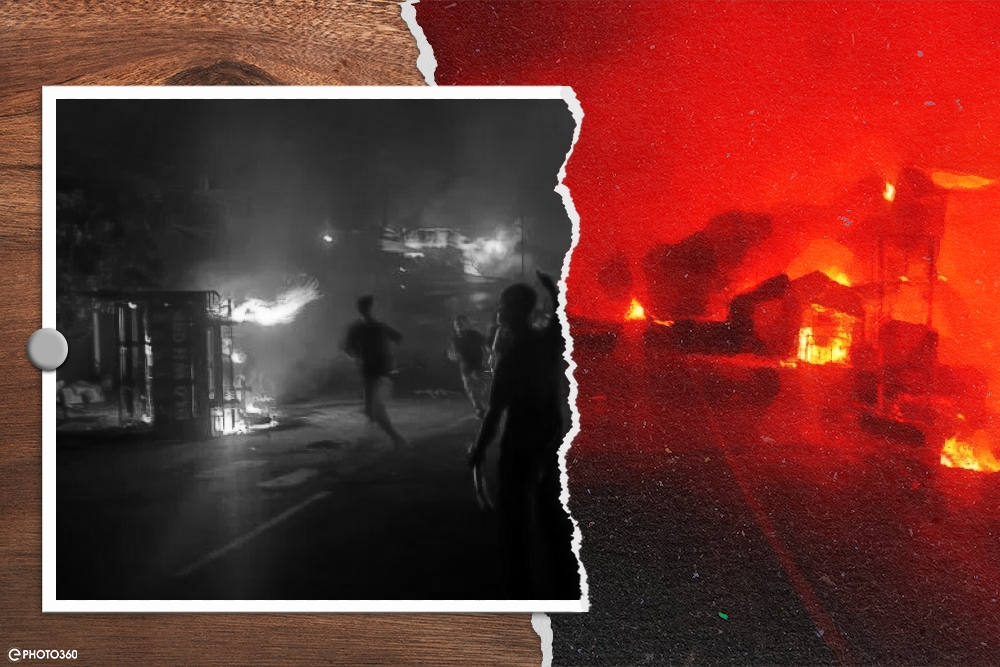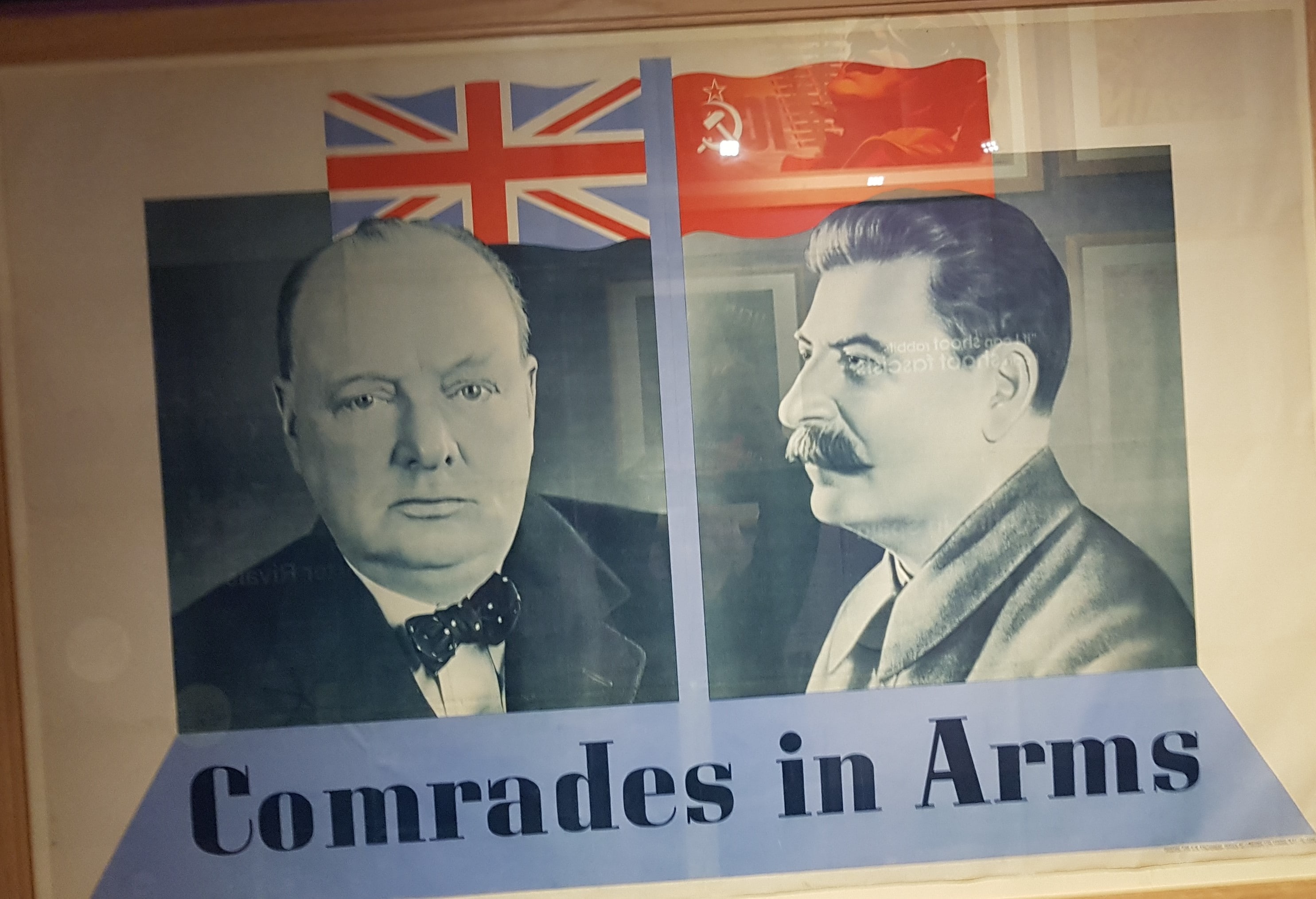- Visitor:15
- Published on:
Trying to Live a Zero-Waste Life
In this beautiful personal story of living sustainably, this homeschooling family stopped using various industrial products because they did not want to produce any waste which they couldn’t get rid of by burning. In this quest they created a beautiful, if sometimes hard life for themselves. They created a life which was not only sustainable but may become the only viable life after the crisis of COVID19 is over.

All our friends and relatives have heard our story, usually in parts and in the middle of random conversations. This article is an attempt to organize my thoughts and document our journey in a coherent manner. What has this got to do with zero waste? Waste is a byproduct of life. If this waste is becoming unmanageable, it means we have to look at the way we live.
It has been 25 eventful years and the only thing constant in our lives has been change. Both my husband Arun and I stand on the shoulders of our parents and are extremely privileged to be able to experiment so freely – whether it is our children, jobs or lifestyle. We have been called brave, stupid and also myopic. But the fact is, by some chance, call it karma, we are in the unique position of doing whatever comes into our heads.
Our unconventional lifestyle began with an interest in spirituality. We studied, Arun more than I, a whole lot of Eastern and Western philosophies and agreed upon a common map to help navigate our lives. We learnt that we must first begin with self transformation and our field of action should be the family. To achieve this all the prescribed tools were already available. We started yoga, pranayama, meditation. Because we felt that school was a big drain on our time and mind-space, we took our children out of school.
From the beginning we were very clear that one of us had to be with the children. I chose to stay at home and Arun reluctantly had to work. He has always chosen jobs with care so that the pay is never too demanding on his freedom and for some time now he has been working from home. This means that we live pretty much hand to mouth with no savings. We also have no insurance, no house, no car/scooter, no TV or AC or newspaper.
But we have invested in three good cycles and sensible walking sandals. We have always lived like nomads: shifted houses and cities when we felt like it. Because of this we have optimized on our furniture, kitchen, clothes and we don’t collect knick-knacks. We all like to travel but we don’t do much sightseeing.
We attend many family functions and always prefer to do long distances by train. Exploring outdoor food options is our favorite pastime. In spite of that I spend a lot of time in the kitchen because I really do enjoy making stuff. We are fortunate to be blessed with good health and have not needed to go to doctors much. Of course, not taking this for granted, we continue our exercise and pranayama routine regularly.
I’d like to share this anecdote here, with apologies to all my doctor friends: A man goes to a doctor, gets a prescription, goes to the chemist, buys the medicine, then comes home and throws the medicine in the dustbin. Why you ask? The man says, he goes to the doctor and chemist so that they may live by their professions, he throws the medicine so that he may live too!
Seven years ago we shifted to a village in Kerala. (We stayed there four years and shifted back to Bangalore where we live now.) This was my in-laws hometown. We had about three fourths of an acre with a pond, house and a well all to ourselves to do our experiments with sustainable living. We began by planting around 25 trees native to that region i.e. the Western Ghats and 10 fruit trees.
We tried to remove the existing areca nut plantation there slowly, a few trees at a time. I let the new saplings adapt to the weather changes with minimal external watering. We never used a pipe to water the plants; that way we had a clear idea how much water was needed. Now these young trees have survived four summers without watering.
Simultaneously, I started an experiment for rejuvenating soil and arresting water runoff during monsoons. For this I collected dried leaves from everywhere and spread them over exposed soil. The whole place looks wild, untidy and overgrown, but over the years I can see changes in the soil structure.
The pond in front of the house is a thriving eco-system, complete with plants, fish, turtle and snake. It was also our own private pool where we and our visiting guests spent many enjoyable days. This pond, like the well, also reflected the changing water table: every approaching summer we would observe the lowering water level with concern, every monsoon we would watch the rising level with relief.
In this area, there is no municipal water supply, sewage or garbage collection system. Every household has an open well, its own septic tank and garbage disposal happens by burning.
For drinking and bathing etc. we pumped water from the well into an overhead tank and all the waste water, except from the toilets, was let out directly onto the soil. For this reason, I stopped buying dish washing soap and liquid, detergent powder, toilet cleaner, shampoo, bathing soap. We used mild handmade bath soap for bathing; ash/baking soda/lemon peel/ tamarind/ ritha/ shikakai for utensils, shikakai/ ritha for clothes and hair, baking soda/vinegar for toilets.
Wet waste from the kitchen was thrown on top of the soil near the plants. Since every monsoon the septic tank gets flooded, we tried using a composting toilet as well. Contrary to expectation, I think, a composting toilet is very clean.
To avoid burning of trash, I stopped using sanitary napkins, buying packaged foods/ snacks/ provisions, milk/ curd. We had to manage in half litre of milk everyday from a cow nearby. We carried our own bags and containers to the shops to buy things or got them wrapped in paper packets. I started making bread, jam, snacks, and pickles at home. I tried to buy those things only which after use could be thrown outside to decompose naturally or which would be acceptable to the local kabaadi wallahs. The items under our self imposed sanctions were: batteries, CFL tube lights, incandescent bulbs, glass items. To optimize fuel we tried using solar cooker, rocket stove, and hay box.
I learnt a lot about cashew, pepper and turmeric processing. In fact, four years I grew turmeric and did the whole cycle of planting, harvesting, curing, drying and polishing myself. I burnt my face and hands during cashew extraction. Banana, pineapple, pepper, coconut, mango, jackfruit, tamarind have always been there and gave us fruit according to season. In season we used to get so much that I was forced to learn how to preserve them. I also learnt how to make coconut oil, arrowroot powder. Although nothing serious came out of it, I did try growing ginger, tapioca, arrowroot, yam, colocaecia, chillies, sweet potato, tomatoes, brinjal, gourds, onions, garlic, potatoes, capsicum.
The Kerala story was educative and rewarding but also very frustrating. We moved back to Bangalore three years ago for various reasons but have kept the option of going back open. Here, in our current home, out of habit I have started composting my kitchen waste in the Daily Dump Khamba composter. Other waste I segregate into paper, cardboard, plastic wrappers, plastic bottles, hard plastic items, milk covers, e-waste. These I give to the garbage van person so that he does not have to sort through the big rubbish heap.
In the middle of all this, our daughter finished college, started working and got married last year. Our elder son is in college in Hyderabad and our youngest son has finished his XIIth board last year. So life goes on. Zero waste is not possible in this world. Even with our strict rules, while in Kerala and now in Bangalore, we do indulge and that unfortunately generates waste. But we are careful and always aware of the consequences. It’s not about sustainability and zero waste. It’s about finding our purpose in life and fulfilling it.
- 7 min read
- 0
- 0










